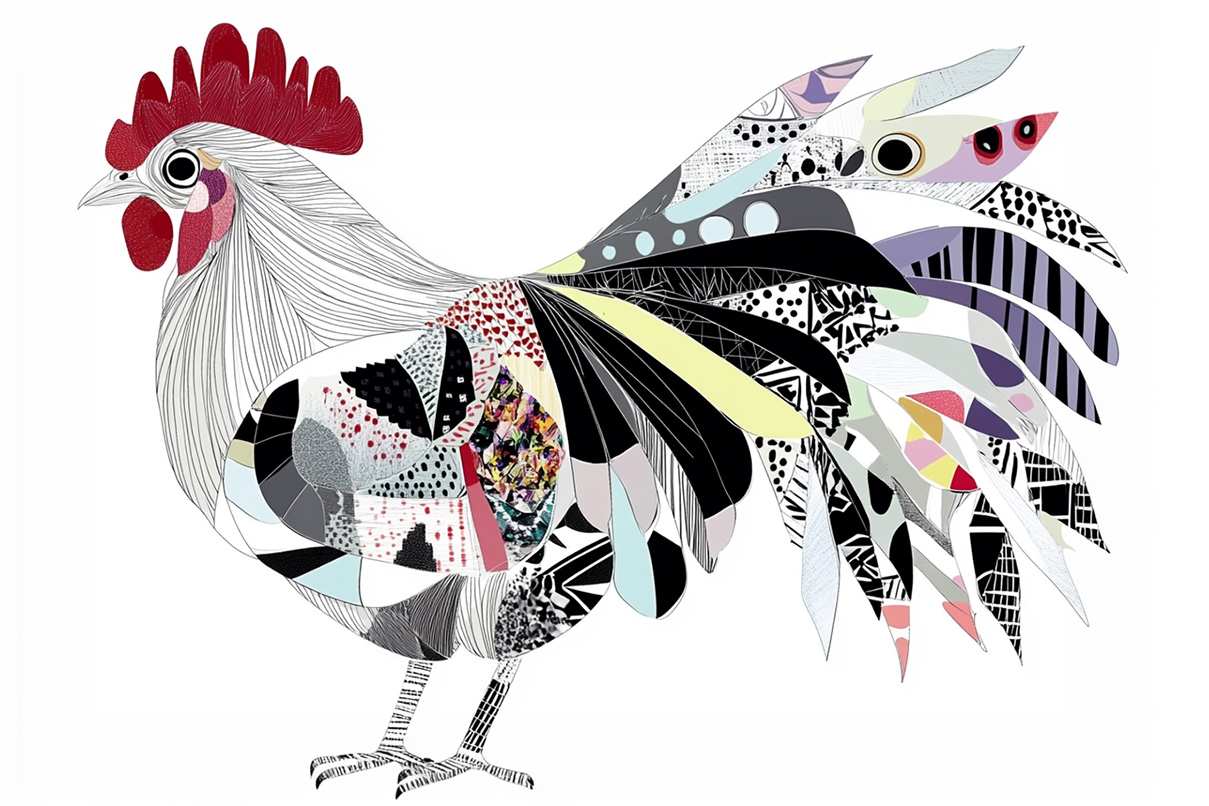
Ophiopogon Root Tuber (Mai Men Dong)
麥門冬
Ophiopogon root (Maidong)
Pharmaceutical Name: Radix Ophiopogonis
Botanical Name: 1. Ophiopogon japonicus (Thunb.) Ker-Gawl.. 2. Liriope spicata
Common Name: Ophiopogon root, Lilyturf root
Source of Earliest Record: Shennong Bencao Jing
Part Used: The tuberous roots are dug in summer. After the fibrous roots have been removed, the roots are dried in the sun.
Natural Properties & Taste: Sweet, slightly bitter and slightly cold
Meridians: Lung, heart and stomach
Therapeutic Effects:
1. To nourish the yin and moisten the lungs.
2. To strengthen the stomach and promote the production of body fluids.
3. To clear heat in the heart and relieve irritability
Indications:
1. Dryness and heat in the lungs due to deficiency of yin manifested as cough with scanty and sticky sputum or cough with bloody sputum. Ophiopogon root (Maidong) is used with Glehnia root (Shashen), Asparagus root (Tianmendong), Tendrilled fritillary bulb (Chuanbeimu) and Fresh rehmannia root (Shengdihuang).
2. Deficient yin of the stomach manifested as dry tongue and thirst. Ophiopogon root (Maidong) is used with Fragrant solomonseal rhizome (Yuzhu), Glehnia root (Shashen) and Fresh rehmannia root (Shengdihuang).
3. Irritability and insomnia. a) nutritive (ying) system invaded by pathogenic heatOphiopogon root (Maidong) is used with Fresh rehmannia root (Shengdihuang), Bamboo leaf (Zhuye) and Coptis root (Huanglian) in the formula Qingying Tang. b) heart yin deficiency with internal heat causing insomniaOphiopogon root (Maidong) is used with Fresh rehmannia root (Shengdihuang) and Wild jujube seed (Suanzaoren) in the formula Tianwang Buxin Dan.
4. Constipation caused by dryness in the intestines. Ophiopogon root (Maidong) is used with Fresh rehmannia root (Shengdihuang) and Scrophularia (Xuanshen) in the formula Zengye Tang.
Dosage: 6-15 g
Cautions & Contraindications: This herb is contraindicated in cases with cough due to wind-cold type of common cold, with presence of phlegm fluid and turbid dampness, with diarrhea due to deficiency, and cold in the spleen and stomach.
Share this article

Written by : Grace Chen
Hi, I'm Grace Chen. I’m enthusiastic about Traditional Chinese Medicine, natural healing including Chinese Medicinal Herbs, Acupressure, Qi-Gong, foot massage and more. My passion for herbs had been a lifelong journey beginning as a young girl always been fascinated by my grandfather’s Chinese Herbal Medicine chest, full of amazing goodies helping people get well. To chase my dreams, I created a website, HerbalShop.com to share my passion, my grandfather Dr. Chen’s herbal recipes, interesting new and the translation of the classical Chinese herbal formulas with the world. Hope you enjoy it!
Follow us
Latest articles
March 12, 2025
March 12, 2025
March 12, 2025






